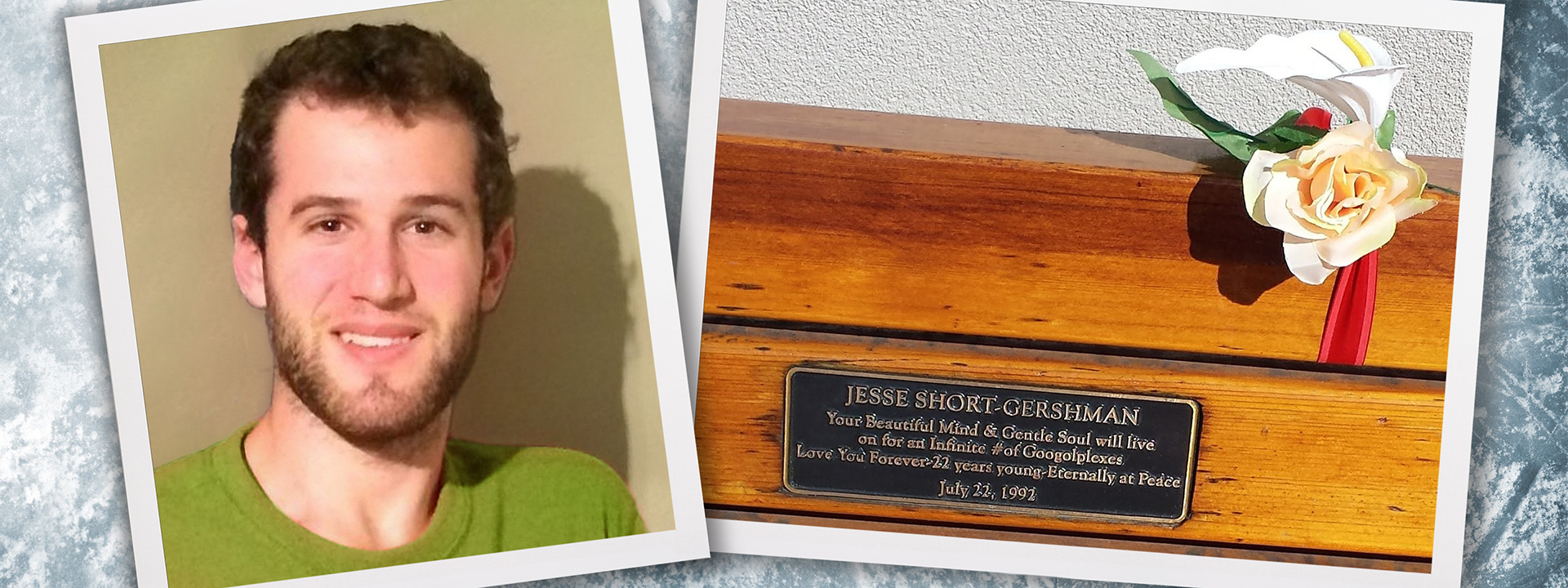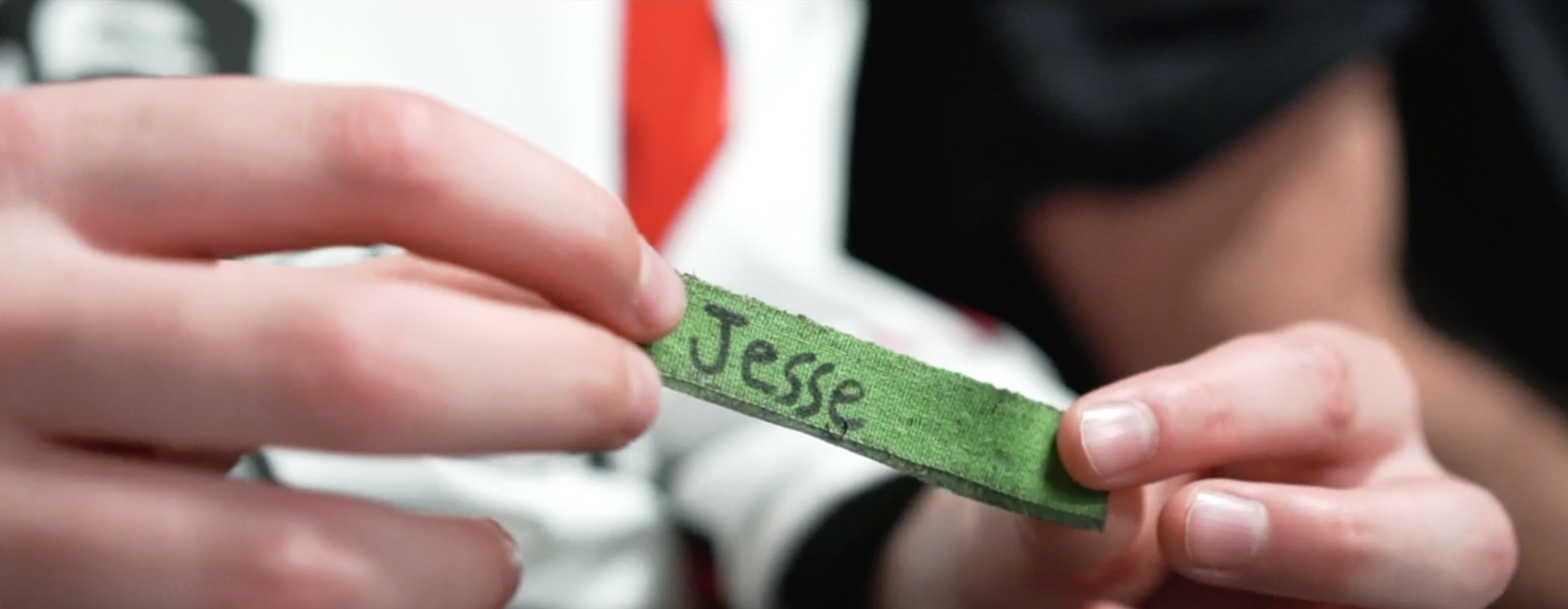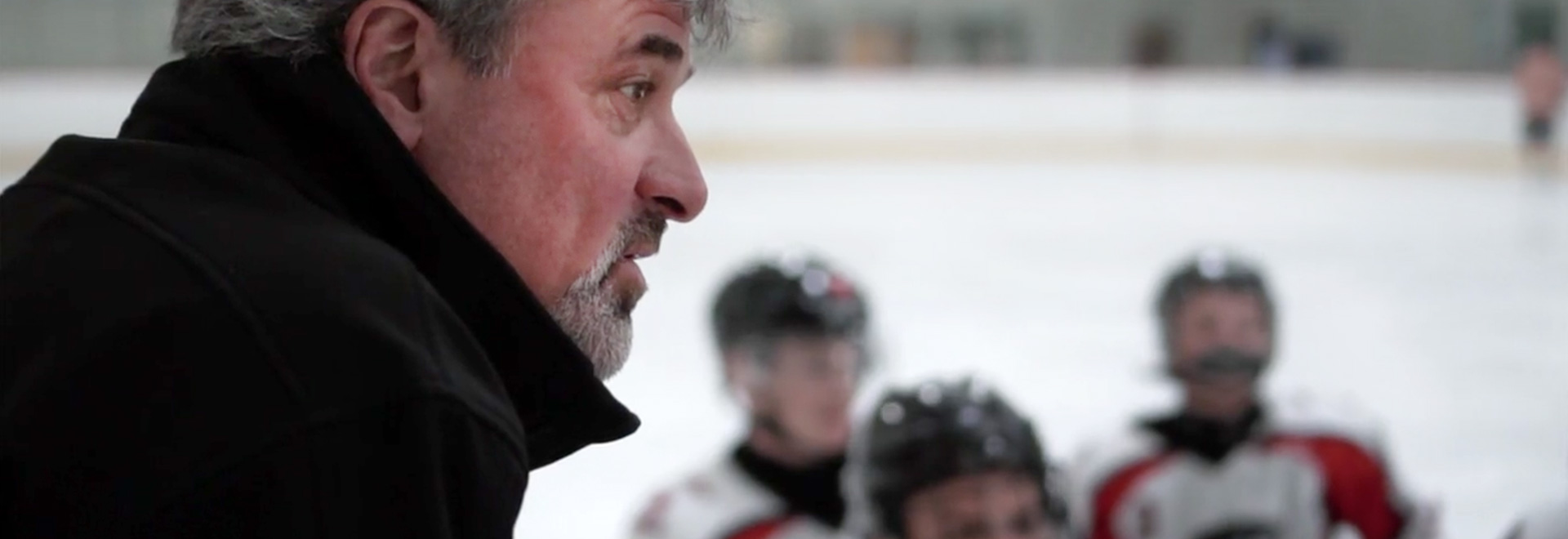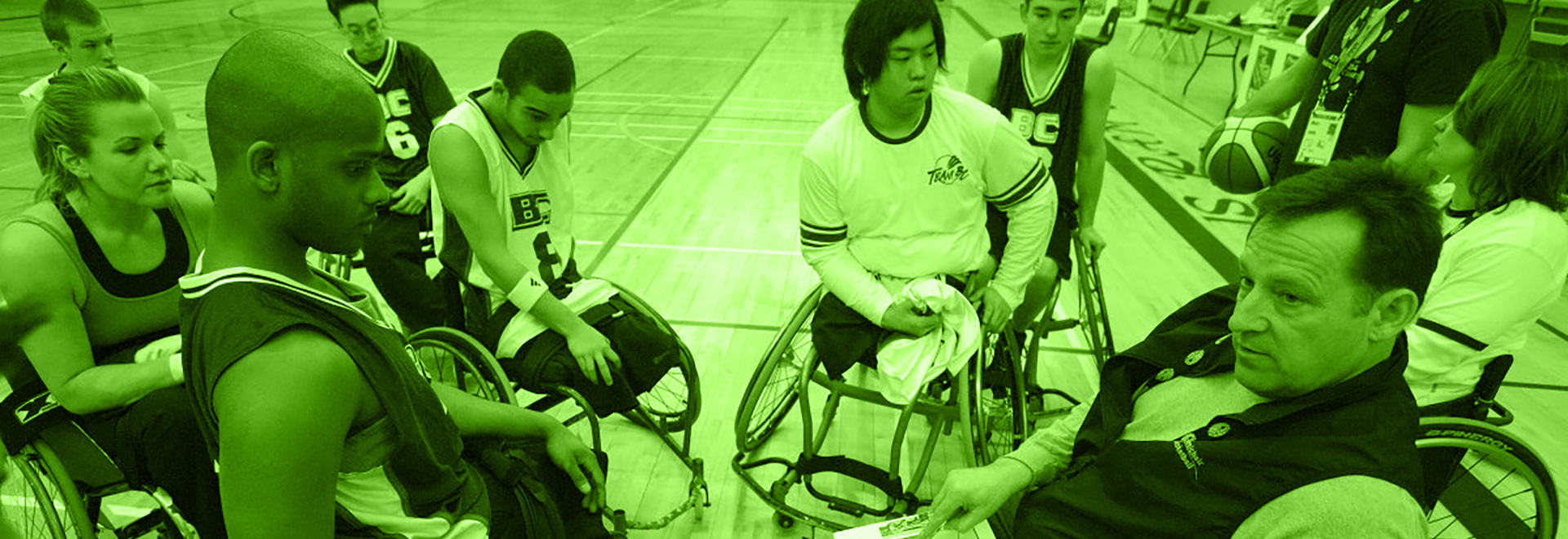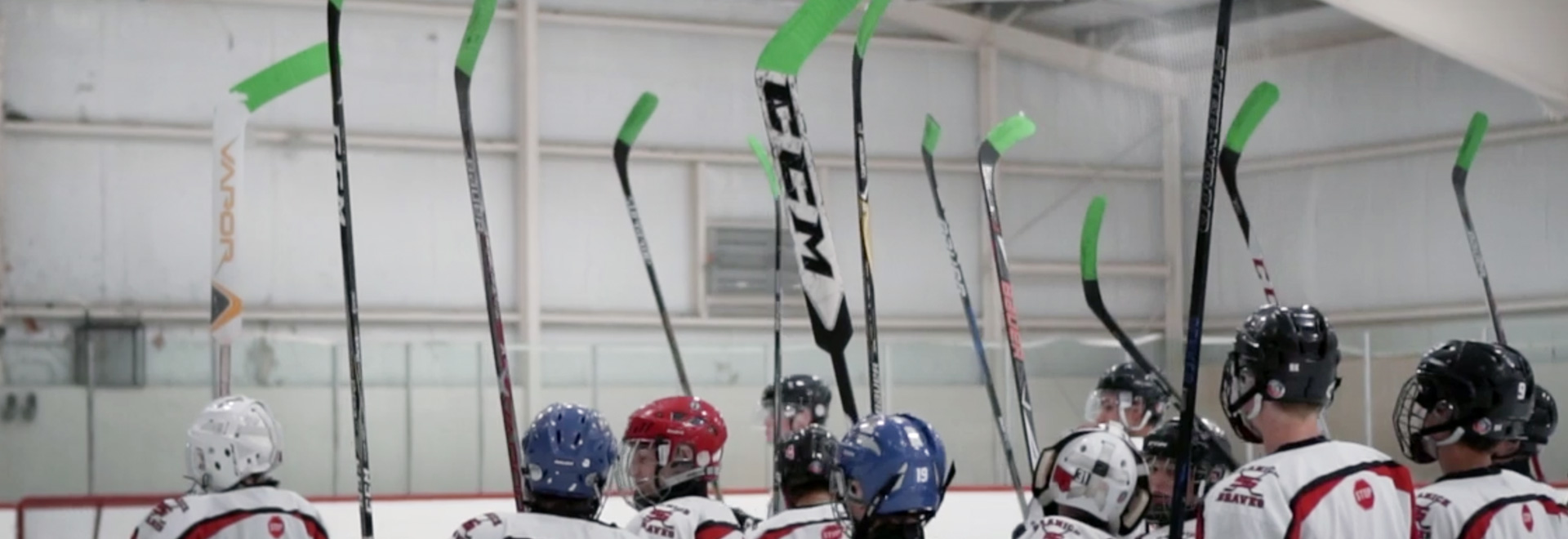Our Inspiration
Buddy Check for Jesse was founded in memory of Jesse Short-Gershman, who died by suicide on October 29, 2014, at the age of 22. Jesse, an avid golfer and swimmer, cherished his family deeply. In response to their profound loss, Jesse’s Dad, a Sport Medicine Physician, initiated this program to promote change and encourage open discussions about mental health among youth athletes. Buddy Check for Jesse aspires to honour Jesse’s memory by empowering today’s youth to be the changemakers needed to transform the conversation around mental well-being.
